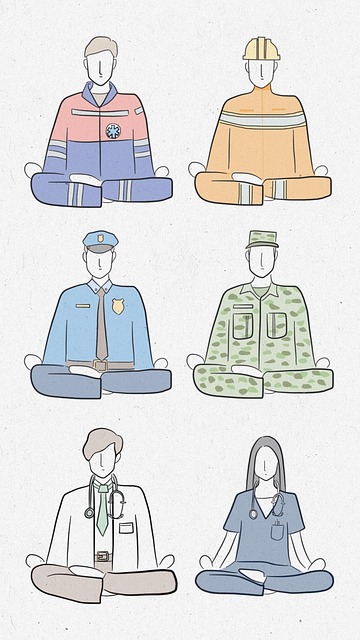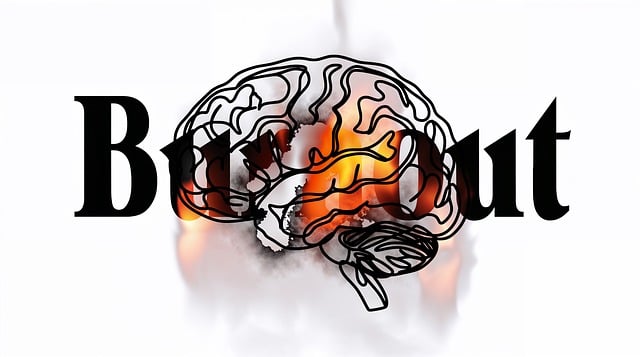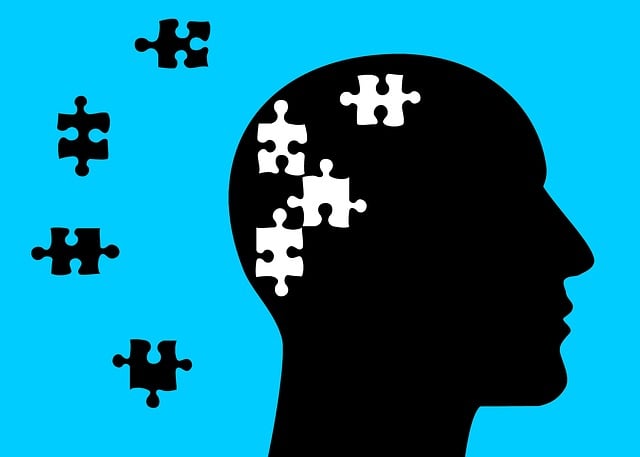Mental wellness journaling, encouraged by Castle Rock Mental Health Evaluations and Therapy, is a reflective practice that improves mental health. Through documenting thoughts and emotions, individuals can challenge negative thought patterns, reduce stigma, and enhance self-awareness. Regular journaling fosters emotional well-being by providing a safe space for introspection, leading to better mental health outcomes, as supported by Castle Rock's comprehensive and culturally sensitive evaluations. Consistency is key to unlocking the benefits of this powerful tool for personal growth and healing.
Mental wellness journaling is a powerful tool for self-reflection and healing. This article guides you through understanding mental wellness, leveraging journaling as a foundational practice, and incorporating Castle Rock Mental Health Evaluations into your routine. Learn how to set up a dedicated journaling space, explore various prompts to deepen insights, and unlock the transformative benefits of consistent therapy journaling. Discover tips for maintaining this practice and reaping its therapeutic rewards.
- Understanding Mental Wellness and Journaling: The Foundation of Self-Reflection
- Setting Up Your Journaling Space: Creating a Sanctuary for Introspection
- Types of Prompts for Deepening Mental Health Insights
- Incorporating Castle Rock Mental Health Evaluations into Your Routine
- Unlocking Healing through Consistent Practice: Tips for Sticking with Therapy Journaling
Understanding Mental Wellness and Journaling: The Foundation of Self-Reflection

Mental wellness journaling is a powerful tool for self-reflection and personal growth, serving as a sanctuary where individuals can explore their thoughts and emotions. By embracing this practice, one lays the foundation for enhancing mental health, especially in navigating complex issues like those that Castle Rock Mental Health Evaluations and Therapy address. Journaling allows for a deeper understanding of oneself, fostering an environment conducive to emotional well-being promotion techniques.
Through regular expression of thoughts, individuals can challenge negative thought patterns associated with mental illness stigma reduction efforts. This practice enables personal reflection, encouraging introspection and self-awareness—key components in Mental Health Policy Analysis and Advocacy. By documenting experiences, feelings, and insights, the journal becomes a dynamic resource for understanding one’s emotional landscape, ultimately contributing to improved mental wellness.
Setting Up Your Journaling Space: Creating a Sanctuary for Introspection

Creating a dedicated space for journaling can significantly enhance your mental wellness journey. Think of it as building your own sanctuary—a quiet corner where you can retreat to reflect and explore your thoughts. Your journaling space should feel safe, comfortable, and free from distractions. Consider arranging your desk or choosing a cozy nook in your home that aligns with your personal preferences. Perhaps it’s a quiet room bathed in soft sunlight or a cozy corner by the window.
In this tranquil environment, you can begin to integrate Castle Rock Mental Health Evaluations and Therapy practices into your routine. This could involve setting aside a specific time each day for journaling, using prompts that resonate with you, and being mindful of any cultural sensitivity in mental healthcare practice as you navigate your thoughts and emotions. Remember, building empathy within yourself is also a valuable aspect of this process—it fosters understanding and strengthens your connection to your mental health.
Types of Prompts for Deepening Mental Health Insights

Mental wellness journaling can be a powerful tool to gain deeper insights into one’s mental health. By providing a safe and private space for reflection, it encourages individuals to explore their thoughts, emotions, and behaviors in a way that supports Castle Rock Mental Health Evaluations and Therapy. Prompts play a crucial role in guiding this process, offering various entry points into the mind.
For instance, prompts can encourage individuals to reflect on specific challenges they’ve faced, such as managing anxiety or dealing with stress, which aligns with Risk Management Planning for Mental Health Professionals. Others might focus on cultivating gratitude, fostering self-compassion, or enhancing self-awareness exercises—all essential aspects of mental wellness. These prompts can help uncover hidden patterns, triggers, and resources, leading to more effective coping strategies and improved overall well-being.
Incorporating Castle Rock Mental Health Evaluations into Your Routine

Incorporating Castle Rock Mental Health Evaluations into your routine can significantly enhance your mental wellness journey. These comprehensive evaluations go beyond surface-level assessments, delving into various aspects of your emotional and psychological state. By integrating this therapy approach, you’re taking a proactive step towards managing and improving your mental health. The evaluative process allows for personalized insights, identifying areas that require attention, whether it’s stress reduction methods or exploring underlying issues that impact your daily life.
Castle Rock Mental Health Evaluations are designed with cultural sensitivity in mind, recognizing the importance of tailored care. This consideration ensures that your unique experiences and perspectives are respected throughout the evaluation process. As a result, you can expect a more accurate reflection of your mental wellness status, paving the way for targeted interventions and strategies to improve overall well-being.
Unlocking Healing through Consistent Practice: Tips for Sticking with Therapy Journaling

Engaging in regular mental wellness journaling can be a transformative practice for individuals seeking to unlock their emotional healing. Consistency is key when it comes to reaping the benefits of therapy journaling, which is where many find solace and growth. By setting aside dedicated time each day or week, one can cultivate a deeper understanding of their thoughts and feelings, ultimately fostering positive thinking.
This practice offers a safe space for introspection, allowing individuals to process their experiences, track progress, and identify patterns. For those dealing with mental illness stigma reduction efforts, journaling provides an opportunity to externalize internal struggles, reducing the weight that often comes with keeping secrets. Moreover, it encourages empathy building strategies by promoting self-compassion and fostering a deeper connection with one’s emotions, leading to improved mental health outcomes.
Mental wellness journaling is a powerful tool for self-discovery and healing. By combining reflective writing with structured assessments like Castle Rock Mental Health Evaluations, individuals can gain profound insights into their mental health. Through consistent practice, this therapeutic habit becomes a game-changer in managing stress, cultivating resilience, and enhancing overall well-being. Remember, unlocking the benefits of therapy journaling is as simple as committing to a few minutes each day in your dedicated space, armed with prompts that guide you on a journey of self-exploration.














